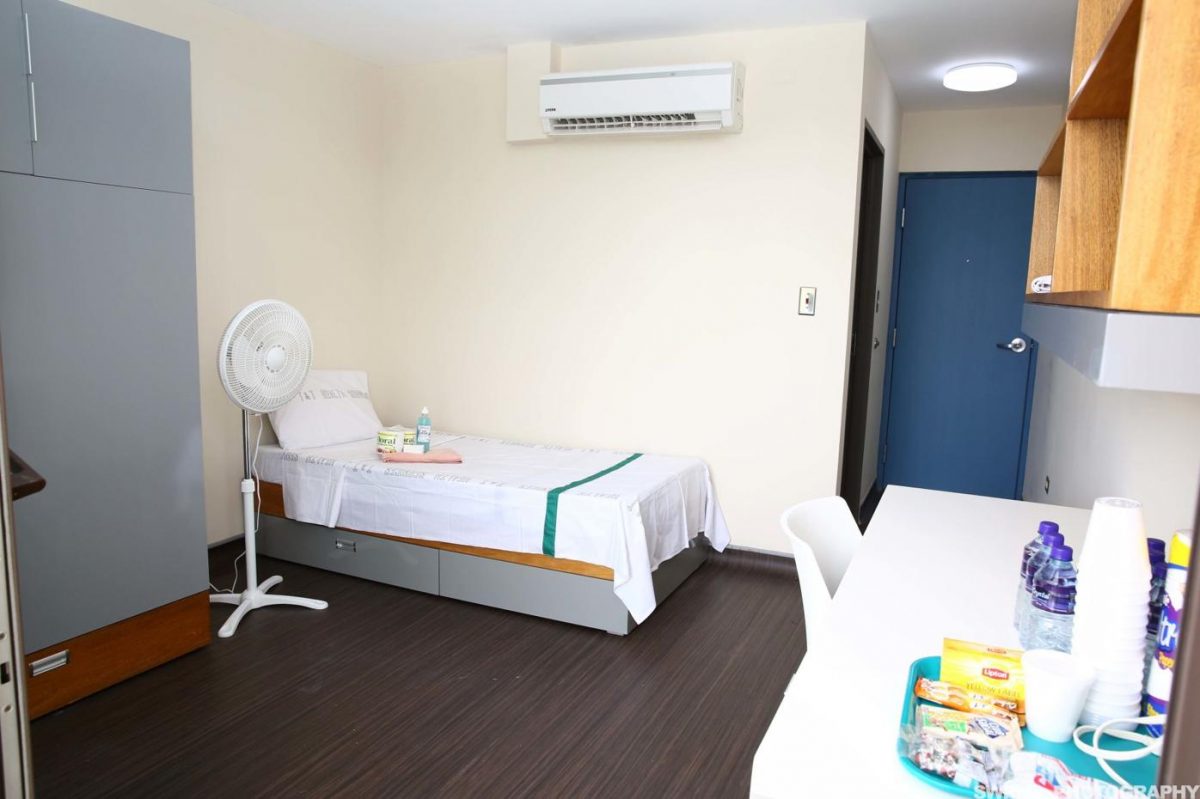(Trinidad Express) Trinidad and Tobago’s ability to repatriate nationals sheltering in place in foreign jurisdictions is highly dependent on the country’s parallel healthcare system capacity to house and quarantine them upon their return.
This pronouncement was made by Dr Maryam Abdool-Richards, Principal Medical Officer – Institutions, during her contribution at Monday’s virtual COVID-19 update.
Abdool-Richards, who addressed the interconnectivity of the parallel healthcare system and the repatriation process, said within the last seven days 240 nationals have been repatriated from Miami, New York and Barbados, with a further 280 expected to be repatriated this week from the same three jurisdictions.
“The repatriation process involves a seven-day quarantine at a quarantine centre followed by a seven-day quarantine at home. This process is ongoing given the percentage of persons in the repatriation process that have tested positive over the last week.
“The critical factor in the repatriation process would really be dependent on the parallel healthcare system ability to ensure that ill patients are able to be hospitalised, in terms of suspect cases and positive cases.”
She noted that approximately 10 per cent of repatriated nationals have tested positive for COVID-19.
Abdool-Richards stated that the parallel healthcare system, which manages all cases of COVID-19 in the public sector, has been upgraded from a two-bedded unit at the Caura Hospital when it was activated March 12, to now boast 1,551 beds spread across 19 facilities with three levels of care; hospitals, step-down facilities and quarantine facilities.
She said the parallel healthcare system also provide support via quality assurance and quality control measures to the oil and gas industry, and has also managed patients on offshore facilities.
“Additionally, the parallel healthcare system manages persons through a quality assurance and quality control mechanism for the diplomatic corps.”
Abdool-Richards said the capacity of the parallel healthcare system, which has proven to be very resilient with a maximum occupancy overall of 70 per cent when the first cases of local transmission were detected in June, is the deciding factor for the country’s repatriation efforts.
“The benefits of the parallel healthcare system really allowed the traditional health system to continue operating uninterrupted. It also prevents the issue of infection to persons in the parallel healthcare system.
“There is also a high level of inter-operability between the quarantine centres and the step-down centres. For example, the Canada Hall and Freedom Hall centres can be converted into quarantine centres or step-down centres.”
She noted that the facilities attached to the parallel healthcare system continue to play an integral role in the fight against the coronavirus, covering patients from the private sector in terms of quality assurance and quality control, and from the public sector in terms of ill and suspect patients, as well as the diplomatic corps.
Abdool-Richards urged members of the public to continue to adhere to the COVID-19 safety protocols by wearing their masks, observing social distancing measures especially given the easing of some restrictions, sanitising and/or washing of hands, and to not report to work if they are ill.
“Please stay at home and contact 877-WELL if you have symptoms suspected of COVID-19, such as a cough, cold or body pains and fever.”
She also thanked the healthcare workers who have worked tirelessly at the hospitals, step-down facilities and quarantine centres.








